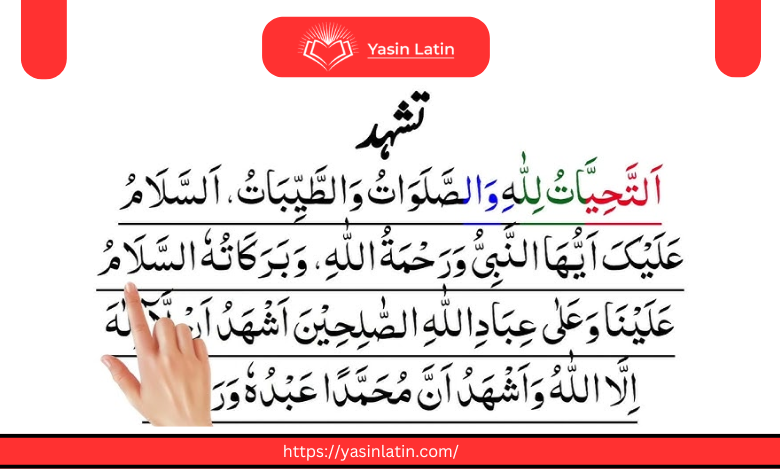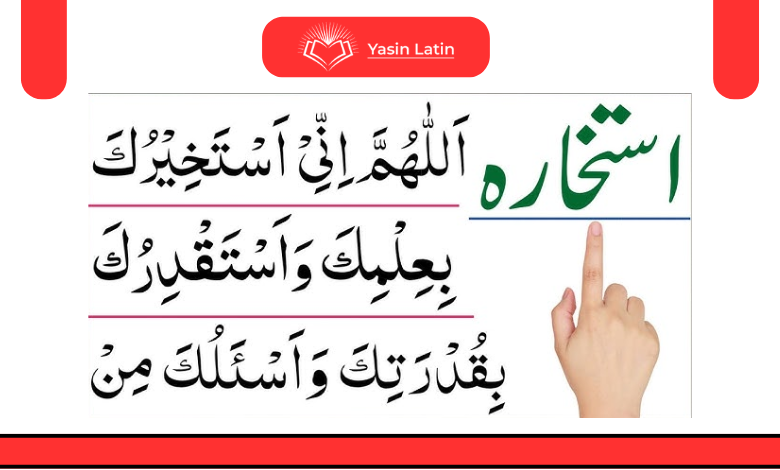Allah Help Those Who Help Themselves
Action and faith together bring prosperity and heavenly assistance.
Dua and KalmasListen to Quran Audio
The Pillars of Islam
-
Shahadah
FAITH -
Salah
PRAYER -
Sawm
FASTING -
Zakat
ALMSGIVING -
Hajj
PILGRIMAGE
Go to Allah Before its to Late
15th Ramadan, 1447 - Thu, 5th Mar, 2026 -
- Fajr: 5:08 AM
- Zuhr: 12:19 PM
- Asr: 3:37 PM
- Magrib: 6:06 PM
- Isha: 7:36 PM
- Jumah:2:00 PM
1500
Community Members
205
Inspirational Sermons
25
Islamic Years Together
Must Read

The Miraculous Benefits of Surah Al-Fatiha: A Spiritual Guide
The Miraculous Benefits of Surah Al-Fatiha: A Spiritual Guide Surah Al-Fatiha, the opening chapter of the Quran, is more than just the first Surah it is the essence of Islamic spirituality. Known as “Umm al-Kitab” (The Mother of the Book), it holds unparalleled significance in a Muslim’s life. Recited 17

The Power of Takbir: Understanding “Allahu Akbar” in Islam
The phrase “Allahu Akbar” (الله أكبر)—known as the Takbir—is one of the most profound declarations in Islam. It translates to “Allah is the Greatest” and serves as a constant reminder of His supreme power and majesty.

Surah Al-Nasr: A Comprehensive Guide to Its Meaning, Recitation, and Reflection
Surah Al-Nasr (سورة النصر), also known as “The Divine Support” or “The Victory,” is the 110th chapter of the Quran. It is one of the shortest surahs, consisting of only three verses, yet it carries profound meanings and lessons for believers. Revealed during the final years of Prophet Muhammad’s (peace

Tashahhud: A Comprehensive Guide to Its Meaning, Importance, and Practice
The Tashahhud (تَشَهُّد) is one of the most essential components of Islamic prayer (Salah). It is a declaration of faith, a greeting, and a supplication that holds immense spiritual significance. Recited during the sitting posture of Salah, the Tashahhud serves as a moment of reflection, gratitude, and connection with Allah.

Surah Shams: Arabic Text, Latin Transliteration, and English Translation
The Quran, the holy book of Islam, is a profound source of guidance, wisdom, and spiritual enlightenment for Muslims worldwide. Among its 114 chapters, Surah Shams (Arabic: الشمس, “The Sun”) holds a special place due to its concise yet deeply meaningful verses. This article delves into the significance of Surah

Dua Istikhara: A Complete Guide to Seeking Guidance from Allah
In life, we often face decisions that leave us uncertain and confused. Whether it’s choosing a career path, deciding on a marriage proposal, or making a significant life change, the weight of these choices can be overwhelming. As Muslims, we are blessed with a powerful tool to seek divine guidance:

